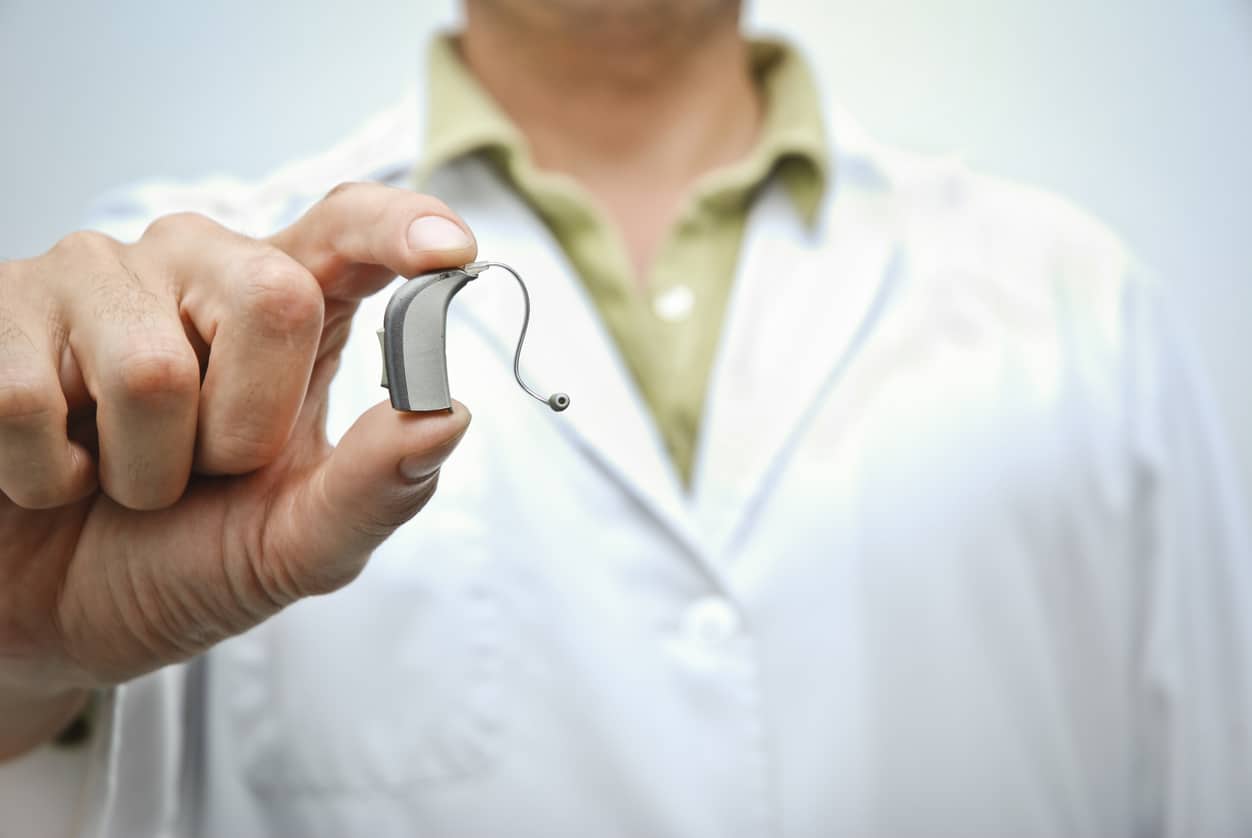An estimated 28.8 million Americans could see improvements in their quality of life with hearing aids, yet a considerable number don’t take advantage of the benefits they offer. This is often due to misconceptions about how hearing aids may or may not work. Consider the facts behind these common misconceptions about hearing aids to determine if hearing aids could be the right fit for you.
Common Hearing Aid Myths

Myth 1: Hearing aids are only necessary for older adults.
Truth: Hearing loss isn’t exclusive to any age group. Though age-related hearing loss is prevalent, about 15% of American adults over the age of 18 experience some degree of hearing difficulty. Additionally, younger people are increasingly at risk. The World Health Organization warns that around 1 billion young adults face the possibility of irreversible hearing loss due to unsafe listening habits. These statistics highlight the need for safe listening habits and regular hearing assessments across all ages.
Myth 2: Hearing aids will completely restore your hearing.
Truth: While hearing aids are instrumental in improving quality of life and enhancing social interactions, they function by amplifying sound. They can make speech more intelligible in noisy environments and assist in making overall listening clearer. However, they don’t return hearing to an unblemished condition. Adapting to hearing aids requires an adjustment period, and it’s vital for users to understand their capabilities and maintain realistic expectations to set themselves up for success after getting hearing aids.
Myth 3: It’s obvious when you need hearing aids.
Truth: Identifying hearing loss, particularly when it’s a gradual, age-related decline, is often difficult to identify. In many instances, it is someone close to the individual who first notices a decrease in hearing capability. For example, if discerning speech becomes challenging in places with background noise—like trying to hear a barista at Barrett’s Coffe, it could signify a hearing loss. In such cases, you should schedule a hearing test to establish a baseline for continued monitoring.
Despite prevalent myths, hearing aids can truly enhance day-to-day life. The team at [contact] is dedicated to helping dispel hearing aid myths and provide you with tools to protect you and your loved ones’ hearing health. To schedule an appointment, contact Austin Auditory Specialists today.